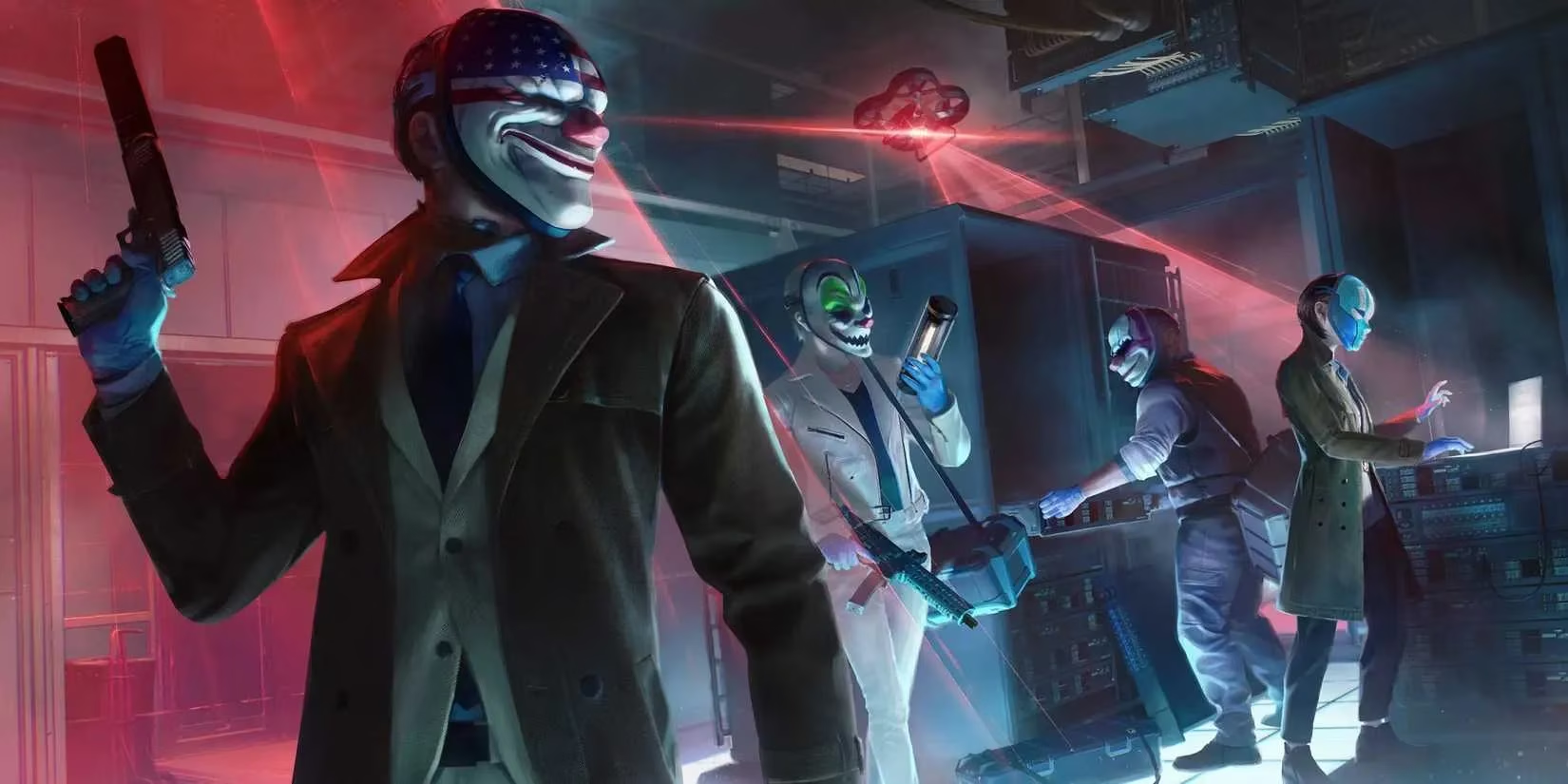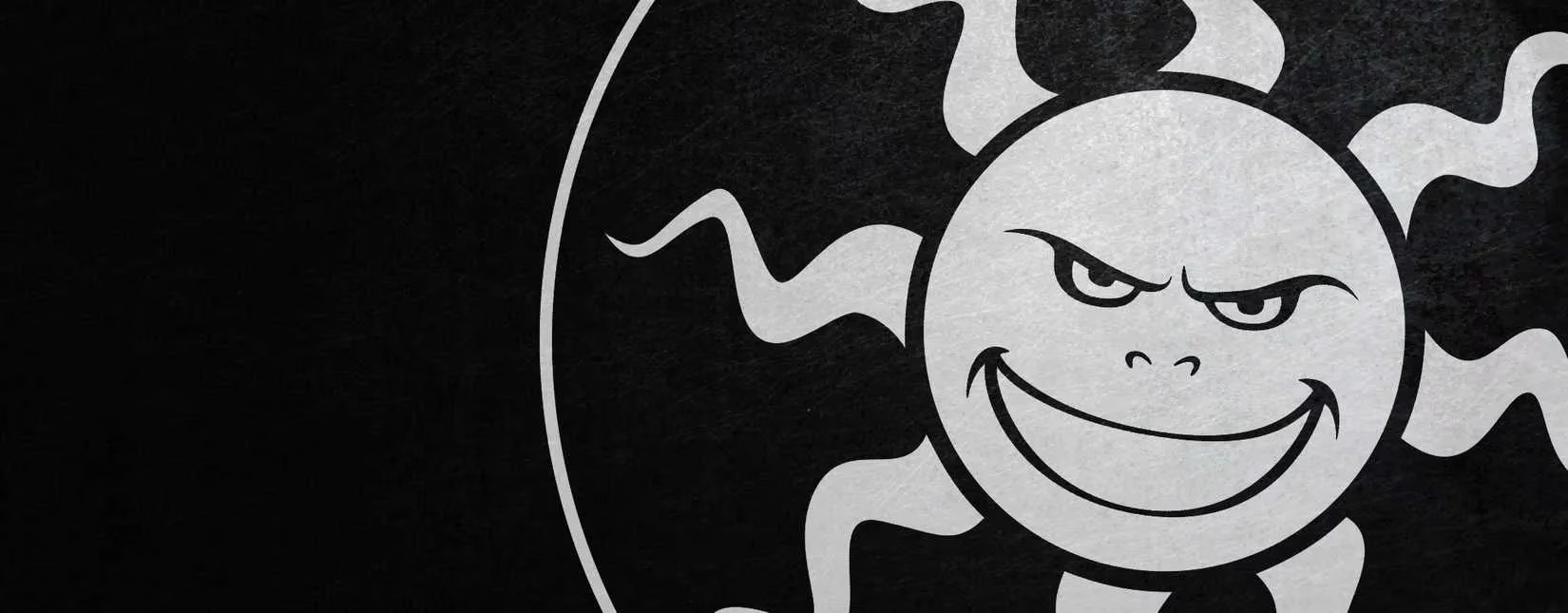Starbreeze and Krafton: A Profitable Dance in the Shadows of Discontent
Starbreeze Studios' lucrative PUBG collaboration boosts profits but sparks fan frustration over Payday 3's troubled launch, highlighting the clash of creative passion and financial pragmatism.
In the neon-lit corridors of gaming capitalism, Starbreeze Studios pirouettes between creative passion and financial pragmatism. The studio, famed for orchestrating the chaotic symphony of the Payday franchise, now finds its rhythm syncopated by an unexpected partner—Krafton's PlayerUnknown's Battlegrounds. This collaboration, a delicate tango of intellectual property and cold hard cash, emerged as Starbreeze's golden goose even before its release. While Payday 3 stumbled out the gate with Steam reviews languishing in 'mixed' purgatory, Krafton's millions flowed like a caffeine drip, jolting the studio's quarterly earnings with nearly $2 million in work-for-hire revenue. Fans clutch their masks in frustration, watching resources diverted from their beloved heist series, yet money talks louder than disgruntled gamers. Starbreeze CEO Adolf Kristjansson spins this narrative as strategic evolution, touting the PUBG venture as proof of "production excellence" while whispering promises of future profitability. The irony hangs thick: a studio celebrated for virtual robberies now executes its most lucrative heist in boardrooms.

The Golden Handshake: Anatomy of a Deal
-
Work-for-Hire Wizardry: Krafton licenses Payday's DNA for PUBG content while Starbreeze retains IP rights—a classic Hollywood-style deal where everyone wins... except maybe players craving Payday 3 fixes. The arrangement’s sheer commercial viability became Starbreeze’s fiscal life raft, outperforming their own flagship titles.
-
Revenue Revelations: Q4 2024 investor reports exposed the collaboration as Starbreeze's top earner, crushing internal projections. Kristjansson’s pride echoes in corpo-speak: "a testament to our development capabilities." Translation? Krafton’s checks cleared spectacularly.
-
Resource Allocation Roulette: Dev hours siphoned into the PUBG collab ignited fan fury. With Payday 3’s player count dwindling faster than a getaway driver’s patience, the studio’s priorities scream follow the money.
Payday 3: The Elephant in the Room
Let's not sugarcoat it—Payday 3’s launch was a dumpster fire wrapped in disappointment. Steam reviews flatlined below 50% positive, a far cry from its predecessor’s glory days. Diehards cling to hope like heisters waiting for a drill to finish, spotting glimmers of potential beneath janky mechanics. Yet every bug fix delayed, every content update postponed to fuel the PUBG machine pours salt on the wound.

People Also Ask
- Why are Payday fans salty about the PUBG deal?
It’s classic resource FOMO—fans see dev sweat equity funding Krafton’s project while Payday 3 limps along. When your baby’s crawling and the nanny gets hired elsewhere, resentment brews.
- Is Starbreeze profitable yet in 2025?
Not quite. The CEO’s statement about "our path towards becoming profitable" reads like a politician’s promise—full of hope, light on receipts. PUBG cash helps, but sustainability remains a mirage.
- What’s the future of Payday?
Starbreeze swears it’s doubling down ("strategic focus on the franchise"), but actions speak louder than press releases. If PUBG keeps bankrolling them, don’t hold your breath for a Payday 4 reveal.
Krafton’s Cash Cascade
The $2 million payout from Krafton wasn’t just pocket change—it out-earned Payday 3 and Payday 2 individually in that quarter. For context, that’s enough to fund a small indie game or buy approximately 40 million virtual loot boxes. Krafton ain’t playing around; their investment signals bullish confidence in cross-IP pollination. As industry slang goes: they put their money where the meta is.

The Road to Redemption?
Starbreeze’s 2025 playbook reads like a corporate haiku: agility, profitability, world-class IP. Organizational shakeups and PUBG royalties aim to transform red ink into black. But for disillusioned heist enthusiasts, it’s a bitter pill—watching their favorite dev studio chase profitability like a payday driver fleeing cops. The PUBG collab might be printing money, but fan trust remains bankrupt.
🔍 Frequently Asked Questions
Q: When does the PUBG x Payday content drop?
A: Still TBA, but Krafton’s checks suggest it’s happening—just don’t expect a midnight release party.
Q: Can Payday 3 recover from its disastrous launch?
A: Possible, but it’ll need more TLC than a bulldozer escape. Player patience wears thinner than a rookie’s disguise kit.
Q: Will Starbreeze pursue more collaborations?
A: If this Krafton deal’s any indicator, hell yeah. When life hands you lemons, license ’em to Krafton and make bank.
Q: What lessons should gamers take from this saga?
A: Modern gaming’s a biz, baby. Studios dance to shareholders’ tunes—even when fans scream for an encore of the old hits.
